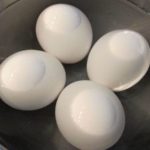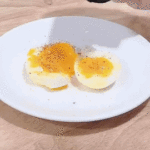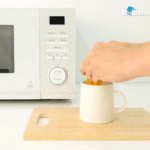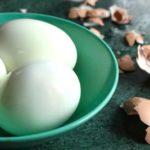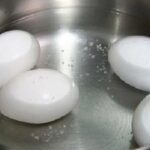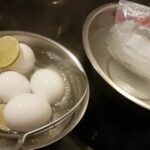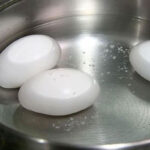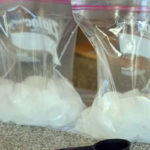Peeling a hard-boiled egg can be a tricky task, often resulting in a smashed egg and a messy kitchen. But with this simple trick, you can easily peel eggs using just a pin. In this article, we’ll guide you through the process, step by step, so you can enjoy perfectly peeled eggs every time.
1 Master the Art of Egg Peeling with a Pin
What’s Needed
- 1 pin
Step-by-Step Guide
Step 1: Grab a small pin and carefully prick any part of the egg before boiling. Don’t worry, the hole will be minuscule, ensuring the yolk and white remain intact.
Proceed to place the eggs in a pot of cold water and bring it to a boil as usual.
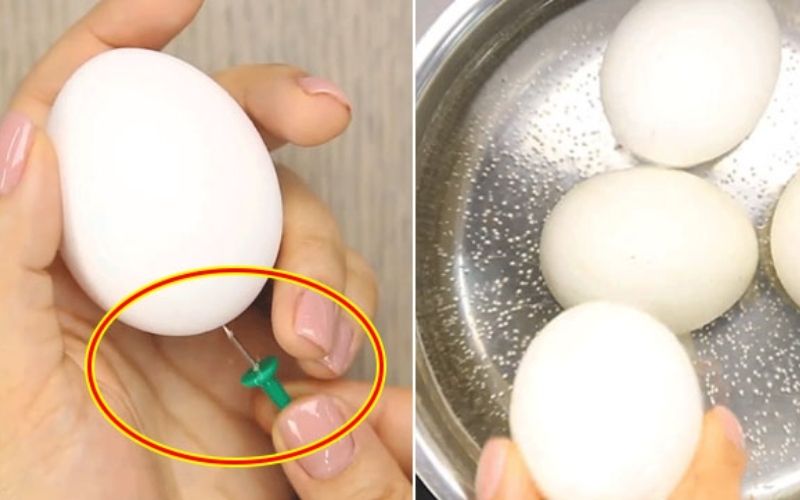
Step 2: Once the eggs are cooked, transfer them to a bowl of cold water to cool down. When you’re ready to peel, gently tap the shell at the punctured spot. The shell will effortlessly come off, leaving you with a perfectly peeled egg!
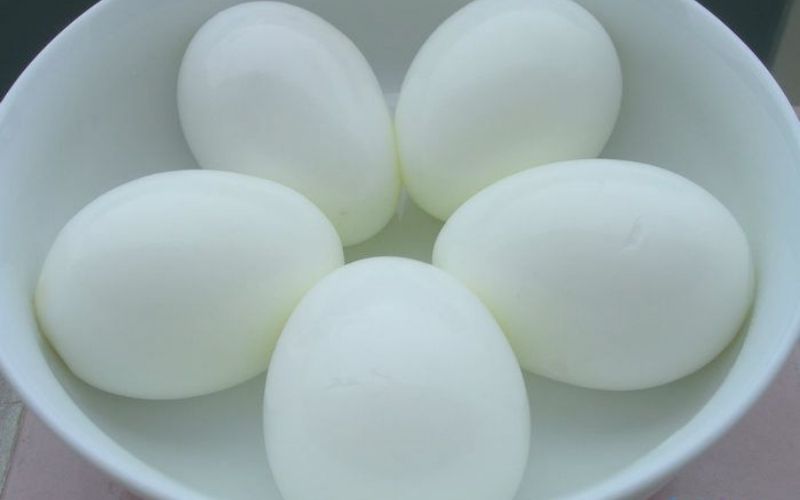
Expert Tips for Boiling Eggs
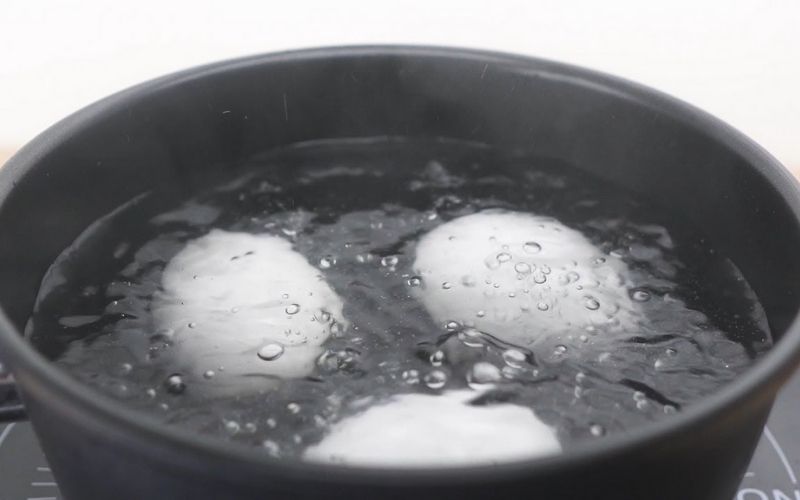
While boiling eggs may seem straightforward, it’s important not to overboil them, as this can cause cracking and nutrient loss. The key is to gradually bring the eggs to a boil in a pot of cold water. Once the water reaches a rolling boil, reduce the heat and cook for just 2 minutes. Then, turn off the heat and let the eggs sit in the hot water for an additional 5 minutes.
Additionally, adding a splash of vinegar to the water can work wonders for preventing cracks in the eggshells.
And there you have it! A simple, mess-free way to peel hard-boiled eggs. Give this trick a try and impress your family and friends with your egg-cellent skills. Bon appétit!
9 Egg-cellent Tips to Avoid Cracked, Rubbery, and Hard-to-Peel Boiled Eggs
The art of boiling an egg may seem simple, but achieving that perfect soft, fragrant, and easily peelable egg is a challenge for many. Most people tend to just throw the eggs in a pot, turn on the heat, and wait for them to cook. However, this method often results in cracked eggs, loss of nutrients, and a difficult peeling process.
“The Secret Ingredient for Perfectly Boiled Eggs: Keep Them Crack-Free, Nutritious, and Beautiful”
When boiling eggs, it’s common to encounter cracks in the shell, which can cause water to seep in and result in an unpleasant odor and appearance. To avoid this issue, simply add a pinch of salt to the boiling water or rub a lemon around the egg shell before boiling. This will ensure that your eggs turn out perfectly cooked, without any unsightly cracks, and tasting delicious too!
The Secret Kitchen Hacks: Unveiling the Unknown Tricks
Stepping into the kitchen is no easy feat; it’s a daily battle against clutter, time-consuming tasks, and the quest to cook faster and better. But fear not, there’s a treasure trove of little-known kitchen tips and tricks that can transform your culinary experiences. Get ready to discover those hidden gems and elevate your kitchen game!
























